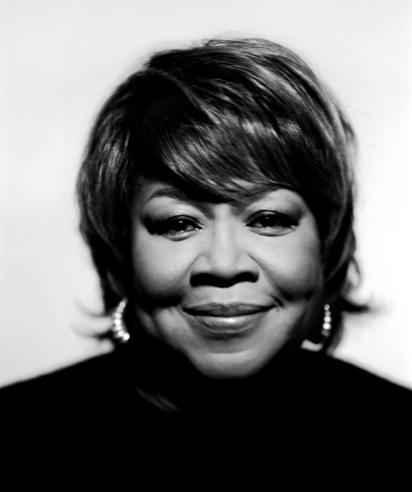Videos by American Songwriter
On the 2010 album, You Are Not Alone, Mavis Staples teams up with fellow Chicagoan Jeff Tweedy for the traditional song, “In Christ There Is No East Or West.”
Some listeners will remember the American guitarist John Fahey’s instrumental version of the song, one of the most well-known songs off his 1959 album, The Legend Of Blind Joe Death, (and its subsequent re-releases) on which the guitarist created two distinct sides. Side one, on which “In Christ” appears, is attributed to an imagined bluesman named Joe Death, a sort of alto-ego of Fahey, while side two is Fahey himself. (In actuality, both sides were Fahey.)
On the online hymn resource, hymnary.org, which quotes from the Psalter Hymnal Handbook, “In Christ”‘s origins are said to come from an Irish tune brought to the United States then adapted by African American slaves. Fahey’s website credits the African American spiritual “The Angels Changed My Name,” which Fahey would have been familiar with, as the basis for today’s song. The original version of “The Angels” appeared in an 1876 book by J. B. T. Marsh called The Story of the Jubilee Singers with their Songs, celebrating Nashville, Tennesse’s Fisk University singers.
The Hymnary website also identifies the separate musical and textual origins of “In Christ.” The hymn’s text, which Staples’ version freely adapts, is generally attributed to William A. Dunkerley, who wrote under the pseudonym John Oxenham. The website lists several scriptural touchstones that Dunkerley likely pulled from, the most striking found in the Colossians 3:11 line, “Christ is all, and in all.”
Harry T. Burleigh, an African American classical composer, set Dunkerley’s text to music in 1939 and named the musical tune “McKee,” after the rector of St. George’s Episcopal Church in New York, where Burleigh worked as a soloist. Burleigh is famous for his arrangements of African American spirituals for vocal performance, and is said to have introduced African American folk music to Antonín Dvořák.
Mavis Staples’ version of “In Christ There Is No East Or West” is a powerful musical, spiritual, and political statement that, in many ways, reflects and encompass the long history of the song and is imbued with her vision of civil rights. The song is credited as traditional – though Staples’ lyrics differ quite substantially from most of the hymn’s published texts – with an arrangement by Jeff Tweedy. Tweedy plays the acoustic guitar, which only vaguely echoes Fahey’s ethereal fingerpicking, while Wilco’s Pat Sansone picks up celeste and mellotron duties. The song seems especially pertinent after the recent observance of Martin Luther King, Jr. Day: “There is no black or white, only one great love, hatred cannot divide.” Listen to Staples’ version below and watch a video of Fahey playing “In Christ There Is No East Or West.”
“In Christ There Is No East Or West”
In Christ there is no East or West,
No North or South
Only one great love
Inside and out
True hearts everywhere
Some deaf and some blind
Singing one melody
Lost souls cannot find
Join hands and have faith,
Whatever your race may be
Who serves my Father as a Son
Is surely kin to me
In Christ now meet both East and West,
There is no black or white
Only one great love
Hatred cannot divide
Join hands and have faith,
Forgive your enemy
Surely we are all a part
Of one big family
Join hands and have faith,
Whatever your race may be
Who serves my Father as a Son
Is surely kin to me
Join hands and have faith,
Forgive your enemy
Surely we are all a part
Of one big family
Traditional
Published By Words Ampersand Music (BMI)














Leave a Reply
Only members can comment. Become a member. Already a member? Log in.